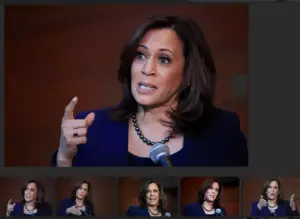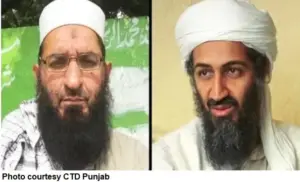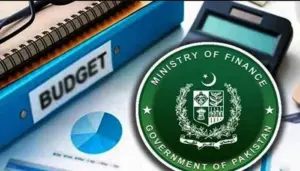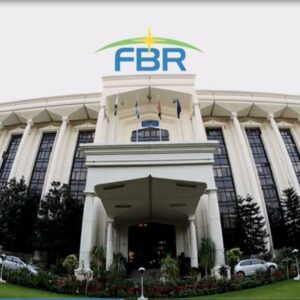What was charismatic in Bhutto?

- Getty Images
Sohail Sangi
Zulfiqar Ali Bhutto is the only Pakistani politician who dominated the country’s politics for four decades even after his death. During this period, the country’s politics clearly remained divided into pro-Bhutto and anti-Bhutto camps. Some changes are taking place in this division now.
ZAB though with feudal background, but was also an intelligent, well-educated and well-informed politician.
Politics before Bhutto
Pakistan since its inception braved a typical political culture of feudal lords in Pakistan. Most of the politicians were feudal lords in the seventies and even earlier. They have no agenda for people as to them people were less important.
Therefore, even in politics and power, bullying and backing of bureaucracy or government was considered indispensable. These people dominated the assemblies and even the political parties. The rest of the people were not landlords but followed their political culture.
Once Bhutto in a speech in the National Assembly explained, What was the political feudal culture?. “When the feudal lords fight each other, the people are left behind. There is no development, no factory, and no road construction. The worst is darkness and poverty. Only a handful of people prosper. There is alienation from exploitation of the common man, economic and social development.
Bhutto’s charisma?
Distancing from Tashkent Accord, peacemaking with India, organised politics with new lines, this included direct appeal to people and charismatic leadership.
According to historians, seven things made Bhutto miraculous.
First, before Bhutto, the common man was ineffective or inactive in politics. Feudals were decisive factor. There was no role of middle class to play. Bhutto emphasized the role of the common man and the middle class.
Second, when Bhutto came, the common man felt that the person in front of him now was an intellectual and belonged to a big family, so it carries weight. It can handle the landlords, industrialists and bureaucrats. Earlier, he thought that no one could handle with these forces. Hence, the common man, whether he is a farmer or a laborer, followed Bhutto.
Third, left-wing organizations were active, but they failed to change the political system because of strong nexus of feudalism and bureaucracy. No heavy and influential person was with them, which mattered in Pakistani politics. When Bhutto emerged, an influential alternative challenging the traditional political foundations, which also carried the slogan of socialism, he supported this alternative.
Fourth, the ruling class felt that Bhutto was intelligent well informed about the present day world, so much so General like Ayub Khan would follow his lead. This was also acknowledged by the Americans in their reports.
Fifth, hostility with India always carreis additional marks in Pakistani politics. Bhutto made this clear on the eve of the 1965 war and later at the Tashkent Agreement. This made him acceptable leader in this constituency as well.
Sixth, Nehru and Bhutto carried few common characteristics. Both educated in good foreign institutions, were intellectuals from a wealthy family and a pro-socialist politician. Both leaders were also attractive to the ruling class and also received immense love from the people.
Nehru, because of his knowledge and wisdom, simultaneously dominated politicians, bureaucracy and the military, the same is true for Bhutto.
Seventh, Bhutto presented the rulers of the country how the people are powerful. According to Jayalalithaa, Bhutto kept the elders and the ruling class intimidated by the people, and they came to this fear.
Bhutto was a risk-taking politician. At the same time, he succeeded in uniting the opposing classes, which made him a charismatic leader.
Bhutto’s style in politics
ZAB was a democrat but also a dictator. Along with modern ideologies and trends, he was also a Pakistani nationalist but with regional tendencies. Secular too but embraced Islamists when needed. Because of these many and contradictory roles, no Pakistani leader has been able to emerge like him.
Big rallies, long fiery speeches were Bhutto’s style, but there was also a certain style in habits and manners. His demeanor, dress code, conversation and speech style which were later adopted by many politicians. Some politician also obtained video cassettes of Bhutto’s speeches and tried to rehearsal regularly and copy them.





